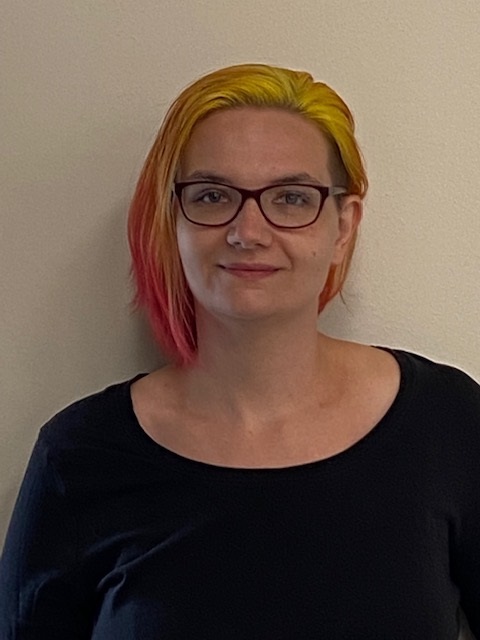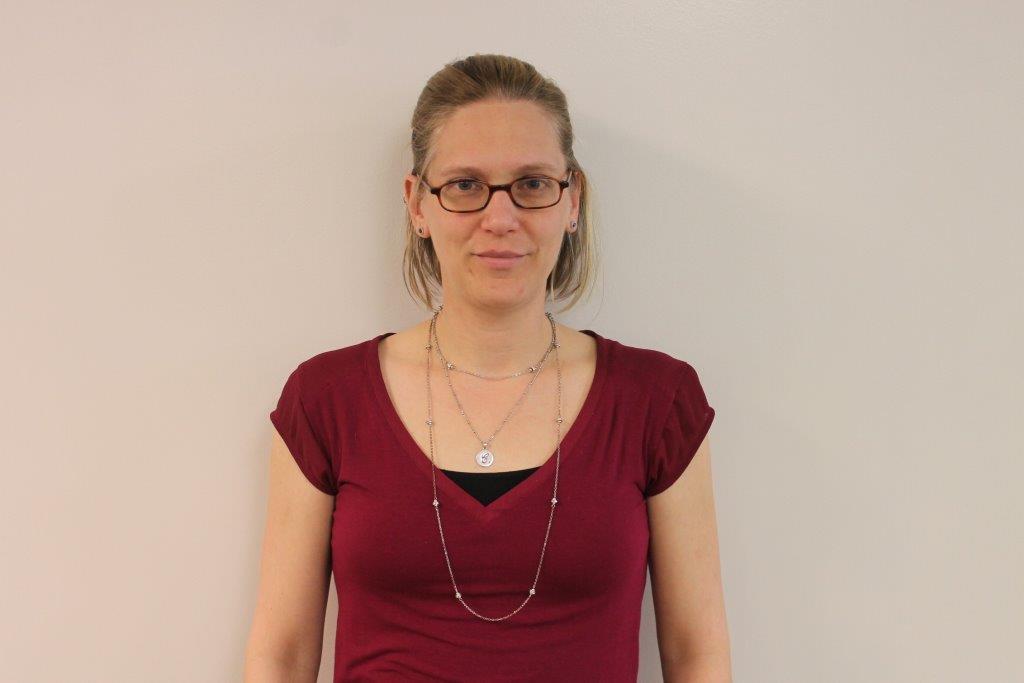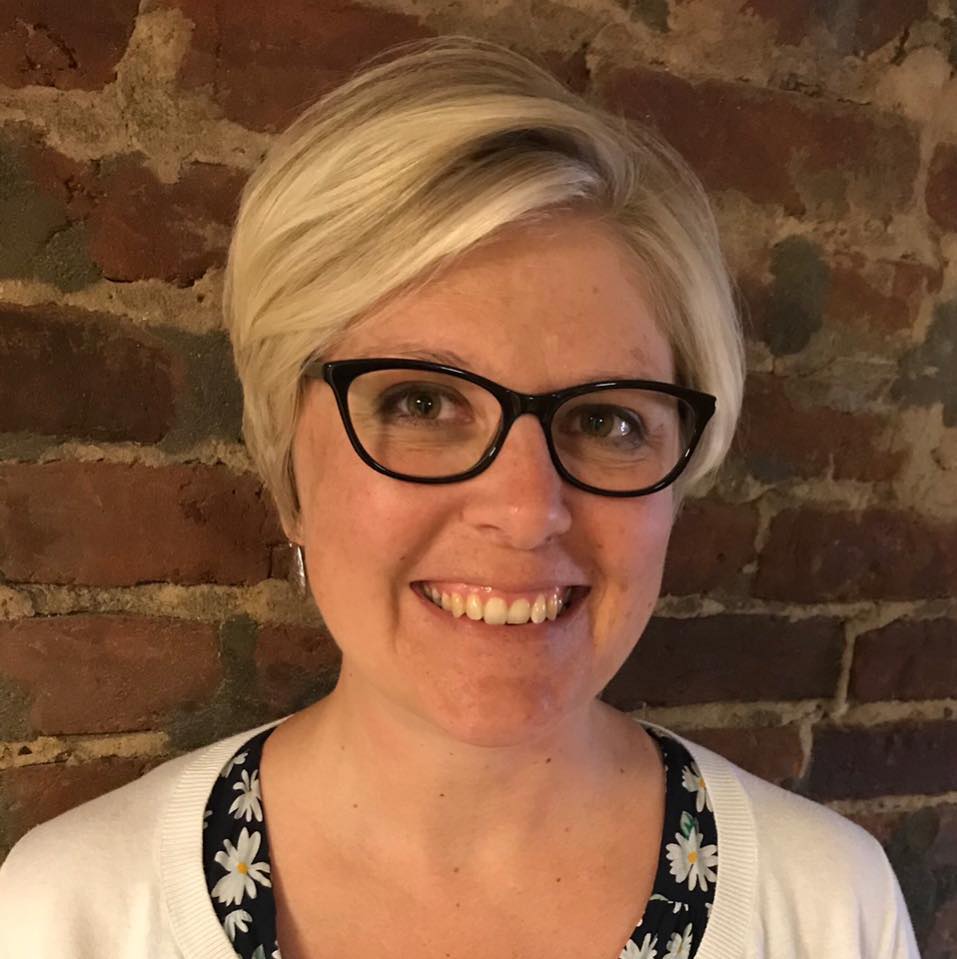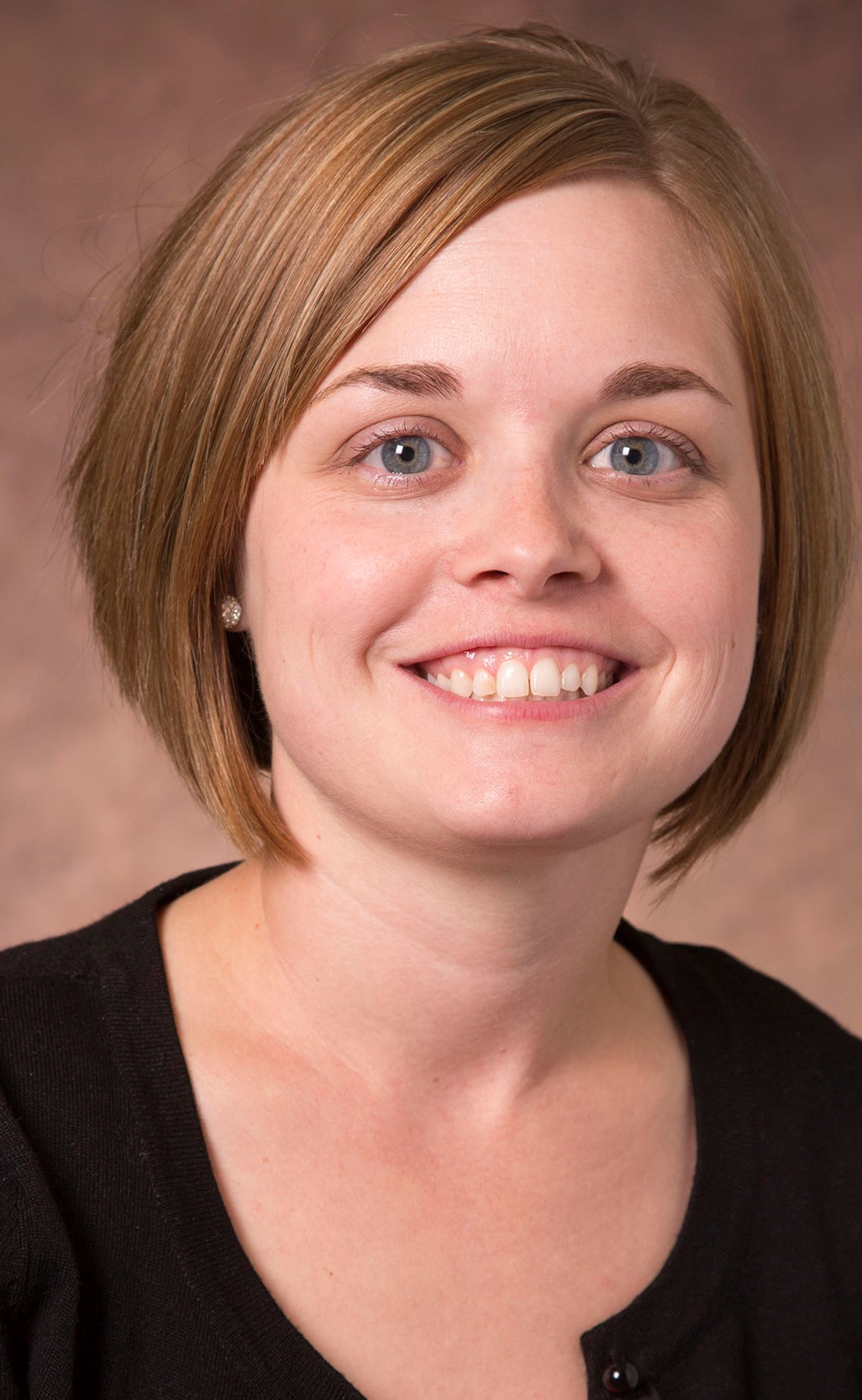Lee, Zipporah, MDiv
Zipporah Lee, a graduate of Eden Theological Seminary, has worked in social services to the unhoused population since the COVID pandemic in 2020. An advocate for Housing First policies and low-barrier Safe Haven shelter models, Zippy has 5+ years of experience in crisis intervention for youth and adults struggling with mental illness. They completed a unit of Clinical Pastoral Education at Christian Northeast in their ICU and neurology units, leading to an interest in serving those with complex medical needs. Currently, they work at St. Patrick Center on the Hospital to Housing team as the St. Louis University Hospital Service Coordinator, providing side-by-side case management for unhoused persons with complex medical needs, behavioral health concerns, and those struggling with substance use. They actively volunteer on the Core Team for St. Louis Winter Outreach, an all-volunteer collective addressing the gap in agency-led homeless services during winters in St. Louis, and facilitate one of their largest temperature-based emergency shelters at the AmeriCorps St. Louis location.
Presentation(s):
A Conversation of Best Practices for Service Delivery in the Unhoused Community




